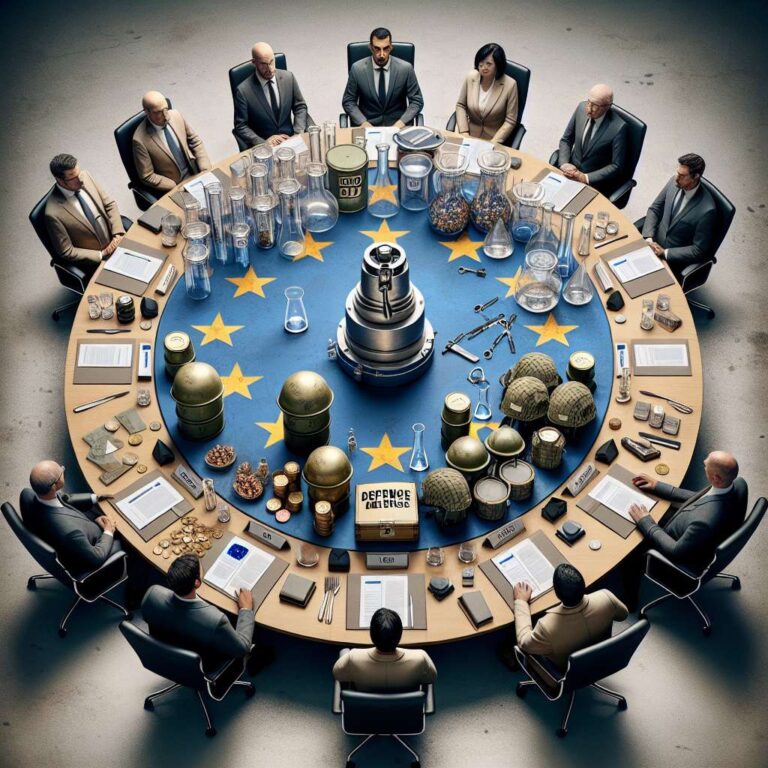Science|Business’s latest news lineup charts a busy stretch in Brussels and beyond, spanning research policy, defence and digital. Lawmakers have put Europe’s innovation gap on the agenda for FP10, with a recent European Parliament debate reopening old wounds as legislative work on Horizon Europe’s successor gets underway. On the startup front, advocates argue it is now or never for an EU-wide company status, with the planned 28th regime touted as potentially as consequential as the euro by a co-founder of the EU-Inc campaign. In parallel, Nobel Prize-winning economist Philippe Aghion calls for an “ERC for labs,” connecting his ideas on creative destruction to the broader question of whether the EU should support industrial champions.
Artificial Intelligence policy and market signals are another focal point. The European Commission is preparing a whistleblowing mechanism to report misuse of Artificial Intelligence in science. The research community broadly supports the concept, although some fear it could open the door to political interference. Meanwhile, the “State of Artificial Intelligence 2025” analysis underscores shifting global dynamics: the United States now dominates in private investment and compute capacity, while Chinese open models are leading the way, a data point European stakeholders will be weighing as they calibrate their own strategies.
Security and defence innovation also feature prominently. The European Commission plans to present a defence transformation plan tied to its new defence readiness roadmap, which emphasizes the role of innovation even as details remain sparse. In Council discussions, governments are proposing limited eligibility for dual-use and defence research projects under Horizon Europe, restricting participation to a select group of countries. These moves signal a tightening intersection between research funding and strategic autonomy goals.
Funding and programme operations round out the picture. Public support for alternative protein research has hit record levels in Europe, with central and eastern European “Widening” countries joining the push. As Japan prepares to associate with the EU’s research programme, a data snapshot reviews its participation to date. Inside the European Innovation Council, President Michiel Scheffer acknowledges programme managers are handling up to 300 projects each, calling the overload problematic while outlining plans for the EIC to evolve toward a more US ARPA-like model. Together, these stories map the current pressures and priorities shaping Europe’s research, innovation and digital landscape.

